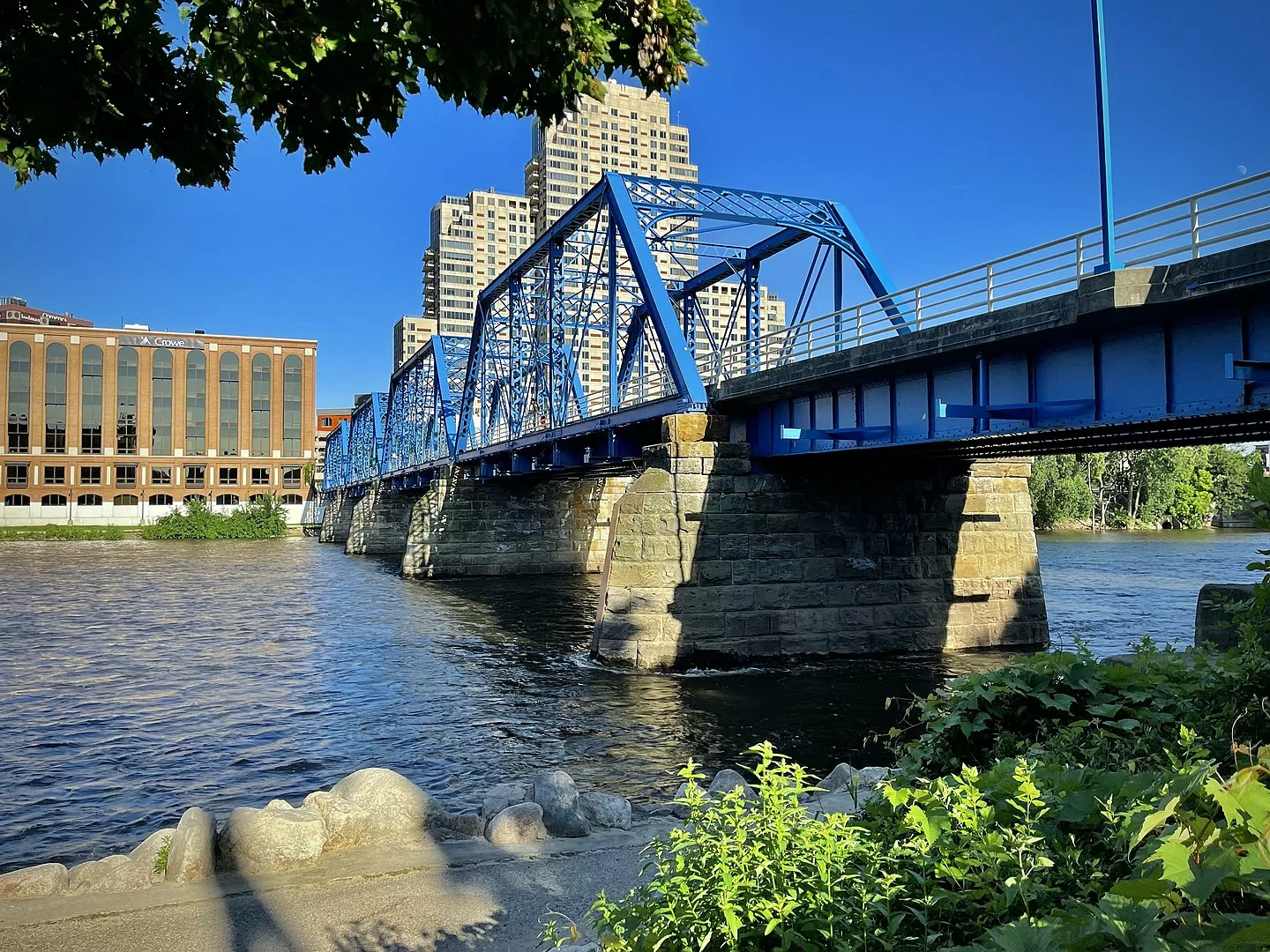Lexington Leaders Seek Economic Inspiration with Grand Rapids Tour

GRAND RAPIDS, MI – Lexington, Kentucky, a place renowned for its verdant horse farms and spirited racetracks, is reaching across state lines to enhance its economic development. A sizable delegation, consisting of roughly 170 civic and business leaders, has embarked on a three-day tour of Grand Rapids, Michigan, in an effort to glean insights into the city’s economic success story, according to a report by the Grand Rapids Business Journal’s Kate Carlson.
Commerce Lexington Inc., serving both as the city’s chamber of commerce and economic development agency, has orchestrated this annual trip to Michigan’s second-largest city. Bob Quick, the CEO of Commerce Lexington Inc., highlights Grand Rapids’ positive economic image as the reason for its selection.
Despite Lexington’s population of 320,347 and strong presence in sectors like education, government, health care, distribution, and manufacturing, it continues to seek innovative strategies to propel its growth. Lexington’s strategy of exploring mid-sized U.S. cities to gather new ideas has been a fixture for 80 years.
However, the choice of Grand Rapids comes with its own set of caveats. The city, despite being listed as the best place in the U.S. to raise a family by Rocket Homes in 2022, had once been criticized for ranking as the second-worst city for African-American economic health in 2015, according to Forbes.
Throughout the tour, Lexington’s delegates are keen to understand the development process behind Grand Rapids’ ‘Medical Mile‘ and its city center’s revitalization. Critics, however, caution that blindly mimicking the strategies of Grand Rapids might not yield optimal outcomes due to Lexington’s unique demographic and economic landscape.
Both cities share several common challenges, including the need for affordable housing, talent attraction, and a stronger focus on diversity, equity, and inclusion. Rick Baker, president, and CEO of the Grand Rapids Area Chamber of Commerce, credited much of Grand Rapids’ success to its engaged business community.
Nonetheless, critics suggest that Grand Rapids’ strategy may not be directly applicable to Lexington, given the cities’ distinct differences. They further argue that a narrow focus on economic development without due consideration for social equity and inclusion may exacerbate existing disparities.
The Lexington delegation’s itinerary is a well-rounded mix of exploration, including a visit to Steelcase’s global headquarters, Founders Brewing Co., a guided architecture tour, and various presentations on the city’s healthcare sector and tech-sector talent goals.
As Lexington’s leaders return home with fresh perspectives, critics urge them to adapt these strategies to the city’s unique needs and avoid the one-size-fits-all approach. Amid these cautionary voices, Lexington’s leaders face the task of tailoring these gleaned ideas into transformative strategies for their city.
It was not immediately clear which Lexington leaders were on the trip, but emails previously obtained by The Lexington Times indicated that some members of the Lexington-Fayette Urban County Council were among those invited.
Photo: Blue Bridge in Grand Rapids, Michigan. (WMrapids, Public Domain)
Recommended Posts

Kamala Harris needs a VP candidate. Could a governor fit the bill?
Fri, July 26, 2024
After cyber-attack on Jefferson County Clerk, Fayette counterpart discusses precautions
Fri, July 26, 2024
An eastern Kentucky animal shelter is swelling this summer
Fri, July 26, 2024